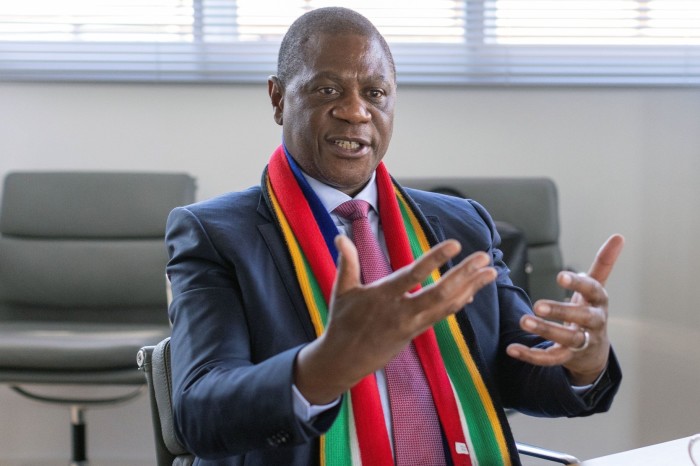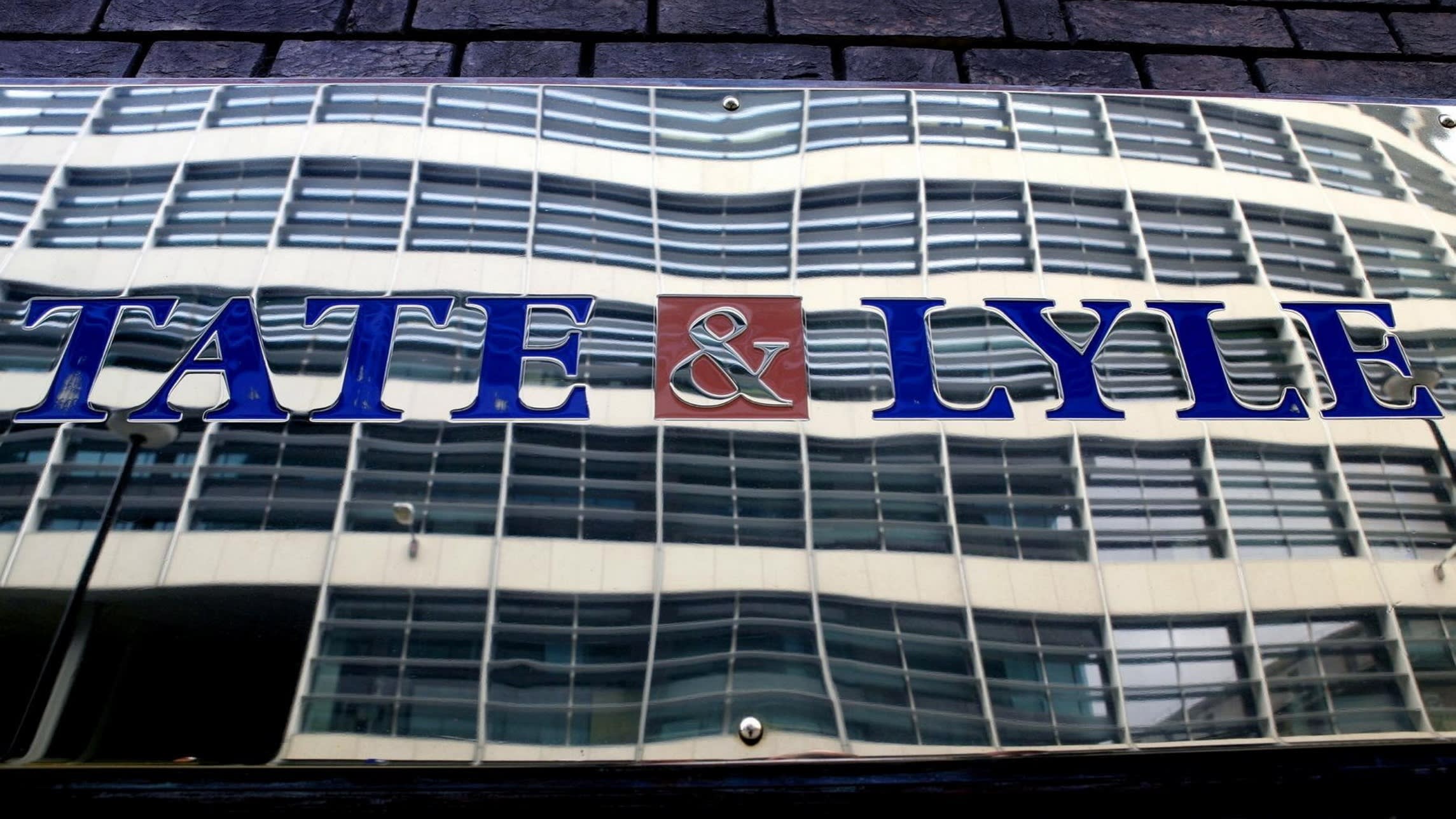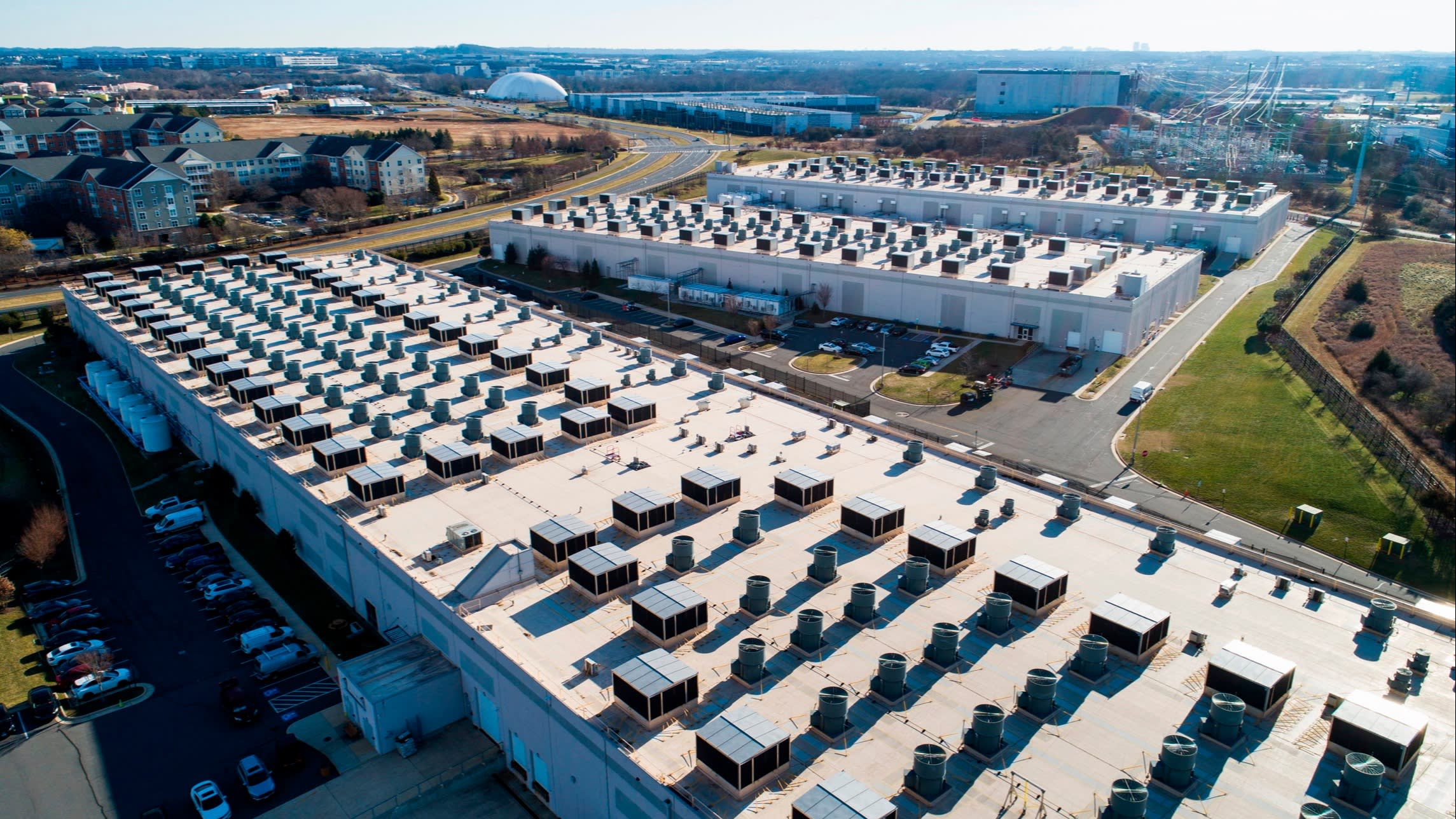Cyril Ramaphosa, South Africa’s president, used his speech at the UN General Assembly last month to brand the Government of National Unity his country’s “second miracle”, marking a growing bullishness that the unlikely coalition will hold.
It was quite a claim to make for a grand political bargain in which the African National Congress is sharing power with its ideological foe, the pro-market Democratic Alliance, and eight other parties after the ANC’s share of the vote fell to 40 per cent in May’s election.
The “first miracle”, the party’s largely peaceful ascent to power in 1994 after the hated apartheid system collapsed, is the stuff of legend for the ANC faithful. As the GNU moves past its first 100 days in office this week, ministers and investors are confident the coalition will also have an enduring significance, overriding political divisions to boost the economy over its five-year term.
“Even within our ranks there were people who thought you cannot work with the enemy,” Paul Mashatile, the deputy president, told the Financial Times, saying some ANC rank-and-file members still considered the DA, traditionally the party of white and other minority voters, to be anti-worker.
“There is excitement that the situation is stable,” Mashatile said. “The GNU is not quarrelling, we are focused and we are ensuring that we run a tight ship.”
Investors, he said, had picked up on the new atmosphere in South Africa. Since the GNU was announced, the stock market has risen nearly 20 per cent in dollar terms and the rand has strengthened 6 per cent against the dollar. Ramaphosa has forecast economic output can nearly triple to more than 3 per cent next year.

Many in the ANC baulked at the idea of working with a party they considered antagonistic to its agenda of income redistribution and government intervention. Some had openly called for a deal with Julius Malema’s Economic Freedom Fighters or former president Jacob Zuma’s uMkhonto weSizwe (MK) party, both radical ANC splinter groups.
On the DA’s side, some officials worried that by joining the coalition their party risked providing a figleaf for the ANC’s pervasive corruption, mismanagement and failed policies that stalled economic growth for 15 years. They worried that in accepting a taste of power, the DA would lose its electoral identity.
Tony Leon, a former DA leader, said the party made huge compromises in coalition negotiations, getting only six seats in the cabinet when its voting share merited nine. The DA also complains that the ANC reneged on giving it the powerful trade and industry portfolio.
But business had been spooked, urging the DA not to pull out of talks and instead conclude a deal to stop the ANC allying with the EFF or MK, Leon said.
“We were a trump card short in negotiations,” he said.
Signs of friction have already surfaced including over a controversial amendment to the education law, which would give the government, rather than schools, the power to determine language policy in classrooms— disadvantaging Afrikaans-only schools.
The DA insists it is unconstitutional in part because it threatens schools’ right to educate children in their home language.
Initially, DA leader John Steenhuisen said the law would “endanger the future of the government of national unity”. Ramaphosa signed the bill but held out an olive branch by delaying the implementation of clauses on language and school admission policies.

Siviwe Gwarube, the education minister and the only female Black DA cabinet member, told the FT that the ANC would be playing a dangerous game if it consistently overrode the DA’s concerns over the legislative agenda.
“If that happens, and the DA withdraws, the ANC would have to account to South Africans for why they ruined the country’s best chance of salvaging our economy,” she said.
“They could try to put together the government without the DA — and we’d be happy to take our seats in the opposition benches — but ultimately, there is a strong sentiment from all parties to make it work.”
Gwarube defied convention by skipping the signing of the law in what was considered by some as a snub to the president’s authority. But like Mashatile, she said the coalition could weather the storm.
“Given the history of the DA and ANC, we cannot expect that within three months we’re going to agree on everything. But what we do need are cool heads,” she said. “Political differences within grand coalitions of this nature are not fatal — they are somewhat to be expected.”
Yet some within the DA have concluded that the ANC’s apparent determination to push ahead with the education amendment, and another controversial law on national health insurance, showed that Ramaphosa’s party intended to ride roughshod over the DA.
Dean Macpherson, the DA’s public works and infrastructure minister, said that while the ANC played nice in public, its proxies were still attacking the DA behind the scenes and at the local government level.
“The foghorns that exist within the ANC need to turn down the volume,” he said. “No party can say it’s my way or the highway.”
Still, he said, while Ramaphosa remained ANC president — a position he will hold until 2027 — there was enough common ground and mutual self-interest to keep the coalition together.
“If the ANC didn’t want us to succeed, they’d be land-mining their own electoral prospects,” he said. “If we don’t succeed, the government doesn’t succeed.”








































































































































You must be logged in to post a comment Login